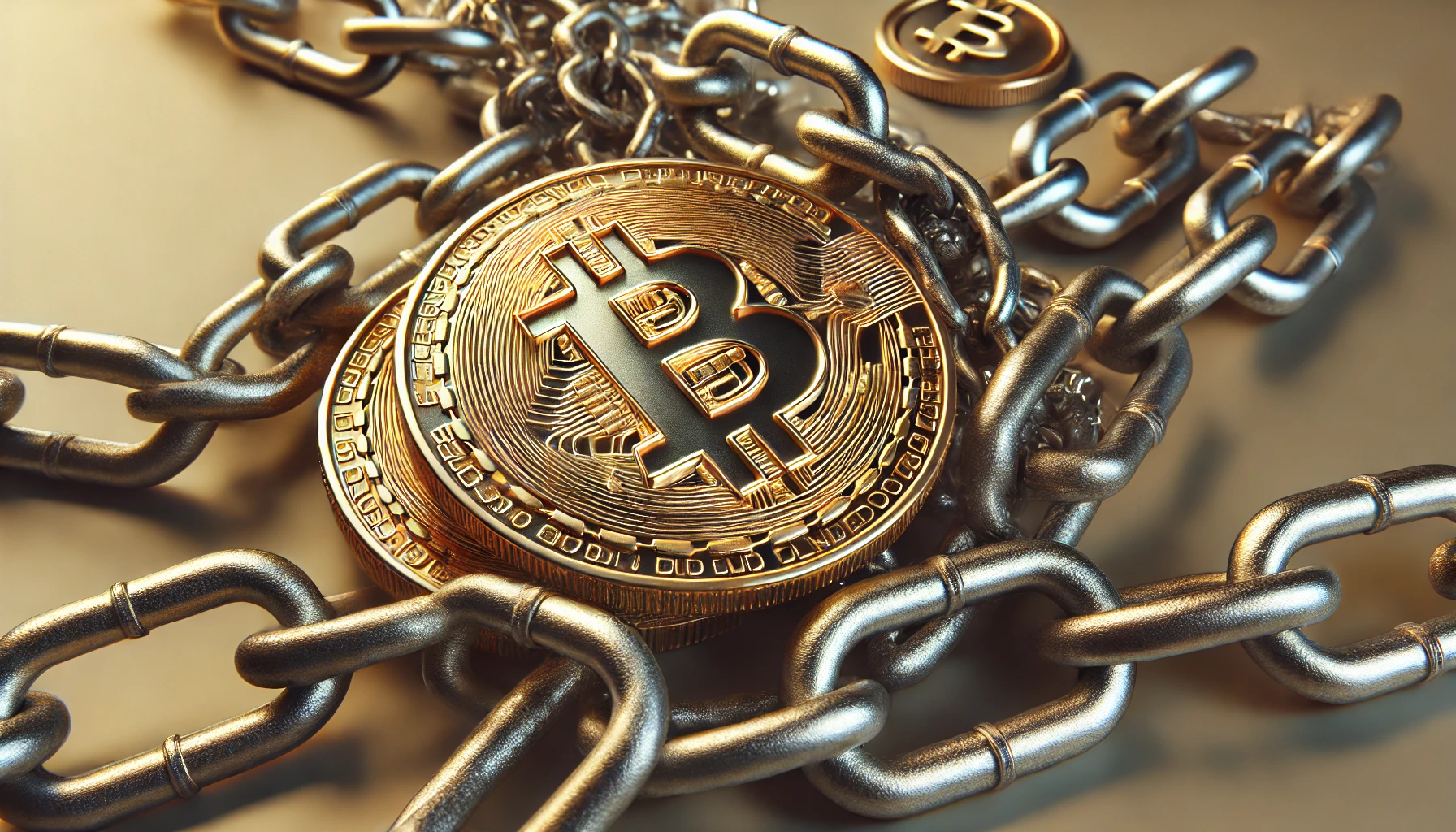The article details Gate.io’s decision to discontinue its services in Japan, the reasons behind it, and the impact on customers.
Points
- Gate.io stops new account registrations and services in Japan.
- Compliance with Japanese regulations cited as the main reason.
- Steps taken to ensure a smooth transition for customers.
- Broader context of crypto regulation in Japan and its impact on exchanges.
Gate.io, a prominent cryptocurrency exchange, has announced the discontinuation of its services in Japan, effective immediately. As of July 22, the exchange will no longer open new accounts for Japanese residents, and existing services will be phased out to comply with local regulations.
This decision follows recent changes in Japan’s regulatory framework aimed at protecting investors and preventing fraud. In response, Gate.io has implemented a comprehensive compliance program to assist customers in transitioning their assets to other platforms that meet Japanese standards. The exchange is committed to ensuring a smooth and secure transfer process for all affected users.
Gate.io’s website will soon provide detailed information about the service cessation and asset migration timetable. Additionally, the exchange will remove all Japanese content from its platform to adhere to local laws. Customers will receive guidance on their legal obligations and the necessary steps to transfer their assets safely.
The regulatory landscape in Japan has become increasingly stringent, prompting several exchanges to reevaluate their operations in the region. Earlier this year, Gate.io affiliate Gate.HK withdrew its license application in Hong Kong, joining other exchanges like OKX and HTX in exiting the market.
解説
- Gate.io’s exit from Japan underscores the challenges faced by cryptocurrency exchanges in navigating complex regulatory environments.
- The move highlights the importance of compliance and the need for exchanges to adapt to changing regulations to protect investor interests.
- Japanese regulators’ stringent policies aim to prevent fraud and enhance market transparency, creating a more secure environment for crypto investors.
- Other exchanges may follow suit, reflecting a broader trend of regulatory tightening in major crypto markets.
